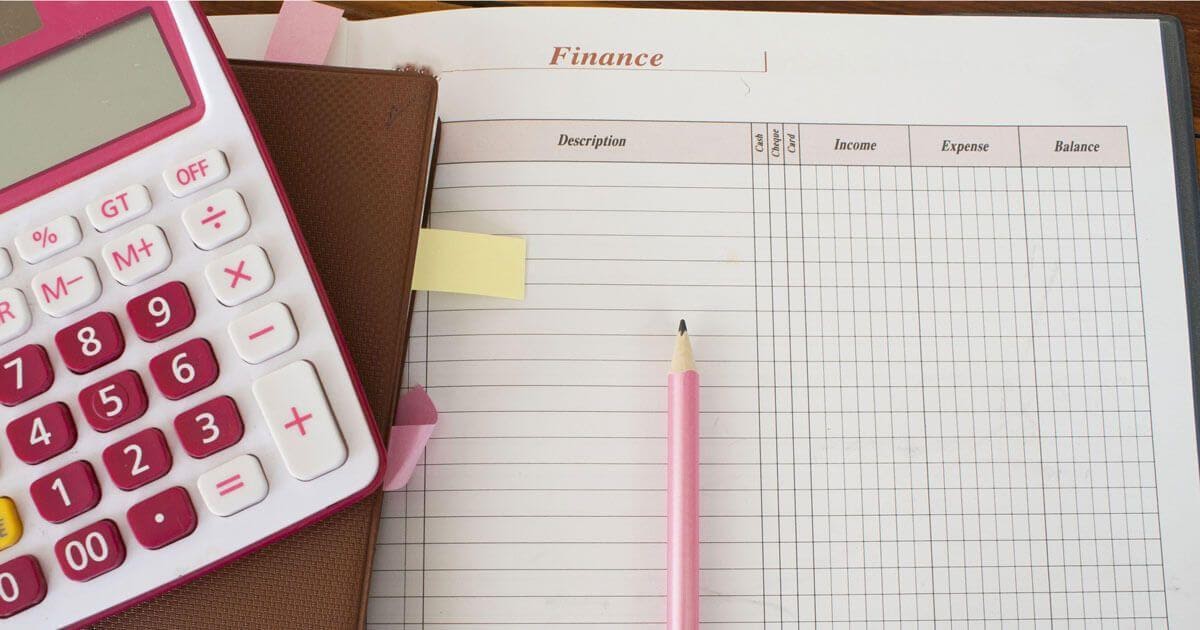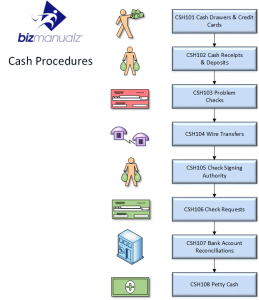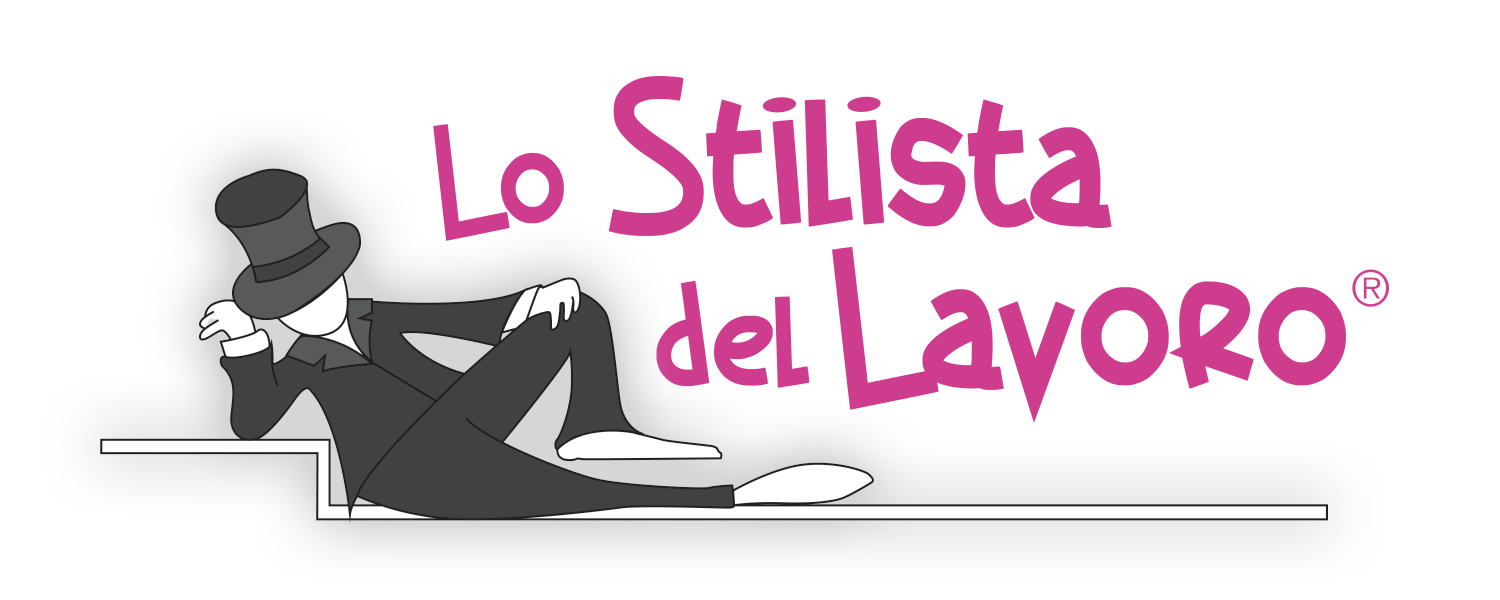Companies with good credit, cash flow, and sufficient time in business should consider applying for other small business loans, like business lines of credit or business term loans. In this instance, the factoring company takes responsibility for any non-paying customers and they cannot ask you for payment. However, as the lender takes on more risk, the deductible factoring fees can become much higher. It’s extremely beneficial for SMEs and start-ups who may not be eligible for other forms of financing, like bank loans or overdrafts. Invoice finance services enable you to mitigate the impact of late payments or seasonal fluctuations, ensuring you have the necessary funds to seize new opportunities and drive success.

The factoring firm pays her an advance of 80% or $8,000 (advances typically range from 80-90%). The firm subtracts a service fee of 4% or $400 and gives her the balance. While she didn’t get the entire invoice amount, she got an advance instantly. In invoice financing, you can sell your outstanding invoices at a discount (i.e. invoice factoring), or use those invoices as collateral for a loan or line of credit.
Improves cash flow and saves you from incurring debt
B2C companies typically require immediate payments for the products and services they offer, so they may not be eligible for invoice financing. Simply put, invoice finance companies let you turn your unpaid invoices into cash. Instead of waiting weeks or even months to get paid, you receive up to 100% of your invoice value upfront. When compared to traditional credit options, an alternative invoice financier offers quick access to cashflow in lieu of your outstanding invoices. Simply put, invoice financing is the process of turning outstanding invoices that you have issued to your customers into cash.
There is no minimum finance invoicing loan amount Enness brokers, but you will usually need to be in the market to borrow several hundred thousand pounds. SupplierPlus is a tech-driven Supply Chain Finance platform that releases cash from unpaid invoices. Your customers will directly pay their invoices to the lender you’re working with. However, to be eligible for the service you must be a business invoicing other businesses with a minimum turnover of £50,000 a year.
Invoice factoring is similar to invoice financing in that they’re both mechanisms for getting cash quickly, and often the same financial companies will offer both kinds of financing. However, in invoice factoring, the financial company actually buys the invoice from a business and takes responsibility for collection. This has the advantage of relieving businesses from time consuming collections efforts.
- The company is going to charge a 1% factor rate for each week it takes the customer to pay the invoice, as well as a 3% processing fee.
- The cash ratio is a formula used to assess a company’s ability to pay off short-term debts.
- The main benefit of invoice financing and factoring is that they can improve your cash flow and working capital by giving you immediate access to funds that are tied up in your invoices.
- It is aware that the delay in payment — the retailer’s payment terms are 30 days — is going to leave Nippity-Doo-Dah short of cash for other operating needs.
- If approved, you can borrow against your line of credit and only pay interest on the money you’ve taken out.
While factoring offers greater flexibility, A/R financing has more strictness around the credit profile. Consequently, A/R financing typically offers preferred financing terms. Greater security – Banks are more secure and provide a sense of financial stability for the business.
You also have to consider the impact of invoice financing and factoring on your customer relationships, as some customers may not like dealing with a third party or being contacted by a lender for payment. Moreover, invoice financing and factoring may not be suitable for all types of businesses, as they require a steady and predictable cash flow from invoices, and they may not cover all your financing needs. To pay back the money borrowed against the invoice, Banking Circle opens a segregated virtual IBAN account in the merchant’s own name. Additionally, the merchant retains full control so they can choose which of their unpaid invoices they wish to borrow against, and fees are lower than those charged by factoring companies. Invoice financing, also known as receivables financing, or invoice discounting, is a short-term loan of typically no more than 90 days which is borrowed against outstanding invoices.
Why Enness as a Broker for Your Invoice Financing Facility?
When your client or customer has paid the outstanding invoice, you keep the difference less interest and fees owed to the lender. Invoice-based financing is a specialist type of lending available to businesses who are providing credit terms to their clients. Nevertheless, factoring companies have a team of professionals who dedicate themselves to collecting outstanding payments from clients in the most efficient way possible. Not only this but invoice financing companies will vet your clients thoroughly before agreeing to advance their invoices.
Kay’s Catering hosted a corporate event for their client, Mega Software Solutions, and sent an invoice for $20,000 with a 30-day payment term. The next day, another client reaches out and wants Kay’s Catering to cater a birthday party last minute. But until Mega Software Solutions pays their invoice, Kay’s Catering doesn’t have enough cash to hire extra cooks and servers required for that event. Every company’s financial circumstances are unique, and different financing options will make more sense than others based on specific situations. Bank financing solutions have strict requirements and regulations to adhere to, with large amounts of paperwork to complete, making the loan process complex and time-consuming. Invoice discounting – or ‘recourse financing’ – is a specific type of invoice financing with one key difference.
This means that for every dollar you spend on Invoice financing, you get $7.33 in return. For the PSP, there is no exposure risk and the solution adds value to their proposition by providing its merchants with an ongoing relationship as a short-term lender. There comes a time in the life of every small business when cash gets a little tight and decision makers look for outside sources of funding.
The cash flow improvement and risk reduction should be used to pay expenses on time, avoid penalties and late fees, and invest in profitable opportunities and growth. Good communication and relationships with customers and the lender are essential, and invoices should be accurate, clear, and timely. Invoice financing, sometimes called accounts receivable financing, is a form of asset-based financing in which business owners receive an advance of capital in exchange for their unpaid invoices. Typically, invoice financing companies can advance you up to 85% of the value of your invoices and you receive the remaining 15% (minus fees) when your invoices are paid.
- Invoice financing is usually offered by online lenders and fintech companies.
- Kay’s Catering hosted a corporate event for their client, Mega Software Solutions, and sent an invoice for $20,000 with a 30-day payment term.
- Both receivables factoring and receivables financing allow a business to borrow against outstanding invoices.
- Invoice factoring typically requires small businesses to sell their unpaid invoices to a third party at a hefty discount.
Businesses with slow paying customers also benefit from invoice financing – usually net-60 or longer. Some lenders might ask borrowers to meet monthly minimums or pay exorbitant prices. Unlike traditional forms of financing, such as bank loans or overdrafts, this doesn’t demand you to be a well-established business with an immaculate credit rating to receive the finance you need. If you’re a small business that doesn’t have the resources to be constantly chasing clients, invoice factoring from a business invoice finance facility can help free up your valuable time.
You’re our first priority.Every time.
We are one of the few invoice finance companies that provide invoice finance for new businesses. When you’re in need of immediate funds, invoice factoring is a good option. Invoice factoring is a fast process — it usually takes only 1-3 days for the factoring firm to pay the advance to the business owner. Even the initial screening process takes only about 7 business days at the most. When your customer pays the invoice amount, the factoring firm will subtract their factor fee and hand over the balance to you. The factor fee, also known as the discount rate, is essentially the cost of borrowing the advance from the factoring firm.

The main difference between invoice financing and accounts payable financing is that the latter requires a credit check to see if you qualify for the loan. This makes it much easier for new businesses and smaller companies to qualify for invoice financing than it is for them to secure loans from the bank. Invoice financing is much easier to qualify for than other types of business loans. At a very basic level, any small business with a business-to-business model is eligible for invoice financing, as long as they currently have outstanding receivables. Of course, as with any type of funding, invoice financing will not be right for every business. At Choco Up, we offer revenue-based financing (RBF) to fast-growing companies with a simple fee structure and flexible repayment.
Types of Business Invoice Finance solutions
It’s usually charged on a weekly or monthly basis, and it will be greater if the customer takes a long time to pay the invoice amount. Invoice factoring is when a business turns over its outstanding invoices to a factoring firm in exchange for immediate cash. The firm pays an advance (a partial payment) as soon as you issue an invoice. Once they collect the payment from the customer, they will pay you the remaining amount, minus a small fee.
In answer to the needs of budding businesses, a wide range of financial instruments have emerged to provide funding in varying ways. Let’s say you have to pay back your supplier for a large order for which your customer has not settled payment. You could use cash reserves to pay the supplier, but it is only a last resort as you want to maintain your company’s liquidity position. While a long delay between sales and payment may not cause trouble to large business sellers, smaller companies may find themselves short of cash. Having strangers track down your customers for payment may not leave a good impression on your clients, especially the important ones.
How do you measure and optimize the ROI of invoice financing and factoring?
Invoice financing doesn’t take long to set up at all, especially in comparison to other forms of financing in the UK. With Choco Up’s revenue-sharing model, you will repay more if you earn more, repay less if you earn less in a particular month. There is no pressure to get together a certain amount of money every month to fulfill your debt obligations. Interests accrue on loans that you take out, and the amount drawn on a line of credit.
Invoice financing is one of the most expensive financing options for small businesses. Factoring companies may charge an overdue fee from you if your customers fail to pay on invoices past due. If you meet any or all of the characteristics below, it may be the right solution for your business. While the overall goal of invoice factoring is the same, choosing the right provider is critical.
The Disadvantages of Invoice Financing
Invoice financing is a fast way of accessing cash which can be used to pay an unexpected bill, increase headcount, or invest money back into the business. With invoice factoring, however, the decision-making process is fast and straightforward and applications are approved or declined within days or weeks rather than months. Invoice factoring is an agreement with a third-party company (the “factor”) to purchase your accounts receivables at a reduced amount of the face value of the invoices (typically 70% to 90% of the total). Invoice financing is often easier to get than traditional financing, because your loan or line of credit is automatically secured against your invoices.
